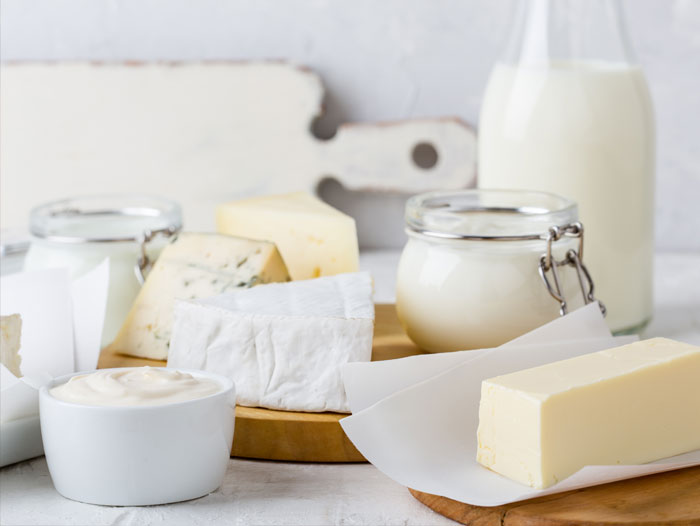Rapid Response is Critical to Building Consumer Trust, Correcting Misinformation About the Dairy Industry
June 30, 2021 | 3 min to read

SYRACUSE, N.Y. – This week, American Dairy Association North East addressed a disparaging animal activist article in the New York Daily News, by immediately responding to set the record straight. ADA North East worked with board president Audrey Donahoe of Clayville, N.Y., to draft and submit a positive letter to counter the misinformation in the article and to build trust in dairy.
ADA North East continually monitors dairy-focused issues in the media. The organization crisis preparedness program is in place to activate and coordinate quickly in response to issues, incidents and situations that could significantly threaten the dairy industry.
“Rapid response is key to correcting and deflecting negative commentary about the dairy industry, and we have a plan in place to immediately address a situation like what happened this week,” said ADA North East CEO Rick Naczi. “Protecting dairy’s image is Priority One, and we are prepared to address any problems that may arise.
“We have developed tools for our staff, board of directors and industry partners to address negative issues and better navigate through a crisis.”
Speaking with one voice to promote our industry is important every day. However, in the event of a crisis it is invaluable, and ADA North East has trained spokespersons like Donahoe to be able to respond appropriately to an emerging issue. Replies should always stress that dairy farmers’ goal is to produce a safe, high-quality product for consumers to enjoy, while taking the best care of the cows that produce it.
“Dairy farmers have a great story to tell, and while reading inaccurate and negative information about the dairy industry is frustrating, we’re armed with the skills to set the story straight,” said ADA North East Director of Consumer Confidence Beth Meyer. “We can tell consumers what we want them to know, while addressing what they care about.”
For more information about ADA North East’s crisis preparedness plan, contact Beth Meyer at bmeyer@milk4u.org, or call 315.472.9143.
###
Read Donahoe’s Response Letter:
Clayville, N.Y.: The claims made in “Milking cows is inhumane” (op-ed, June 27) are ridiculous. I should know because I’m a fifth-generation dairy farmer who works on my farm every day. To produce milk, cows must be healthy and comfortable. On hot summer days like these, that means extra attention to ensure our cows have plenty of fresh water, shade and clean bedding. Calves are the future of our herd, so it’s crucial to get them off to a healthy start. That includes protecting their fragile immune systems by placing them in clean, dry individual pens, which lessens the chance of illness and protects them from the weather. Bottle-feeding calves allows farmers to monitor their intake and ensure they receive adequate nutrition. I agree that consumers deserve to know where their food is coming from. Look to the experts — farmers like me — to learn the real story about how milk is produced. Audrey Donahoe, president, American Dairy Association North East
About American Dairy Association North East
American Dairy Association North East (ADA North East) is the dairy farmer-funded organization funded by participating dairy farmer’s checkoff investment to build demand and sales for milk and dairy foods throughout the local region. Representing nearly 10,000 dairy farm families in Delaware, Maryland, New Jersey, New York, Pennsylvania and northern Virginia, ADA North East develops and implements local programs to drive milk and dairy sales at retail outlets and in schools. The organization also conducts consumer education about dairy through events, traditional and social media, and in collaboration with health professionals through National Dairy Council®. ADA North East works closely with Dairy Management Inc.™, the national dairy checkoff organization, to support nutrition research, national partnerships and developing export markets for dairy to bring a fully integrated promotion program to the region. For more information, visit www.AmericanDairy.com.
